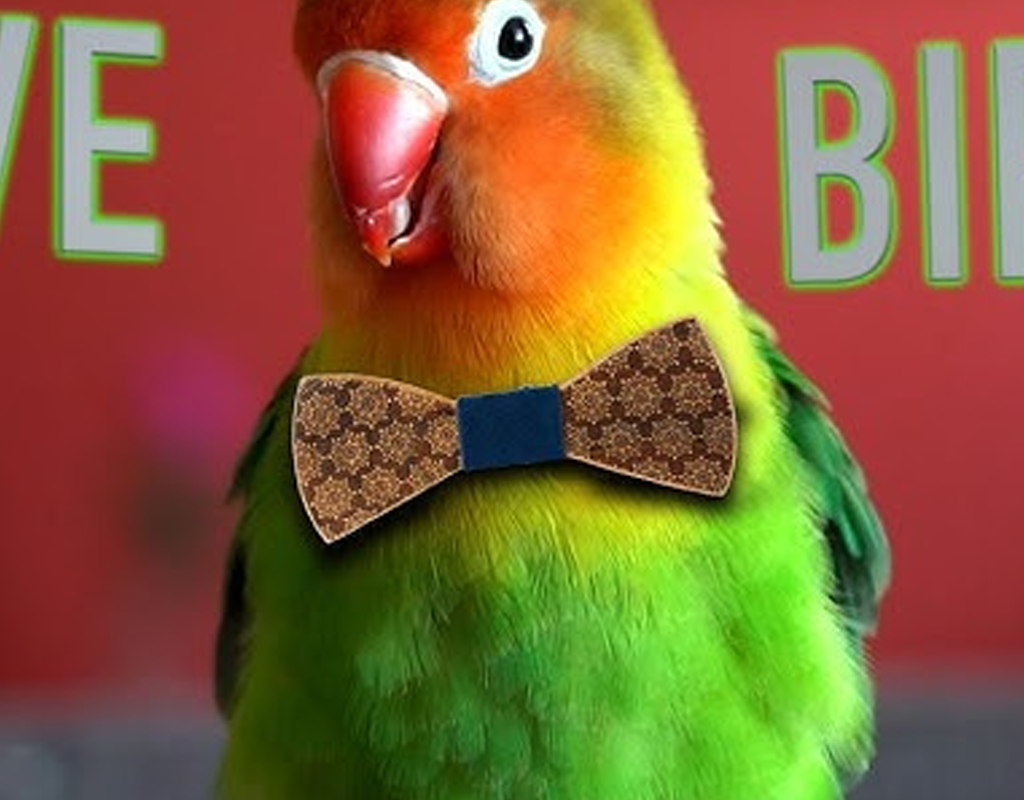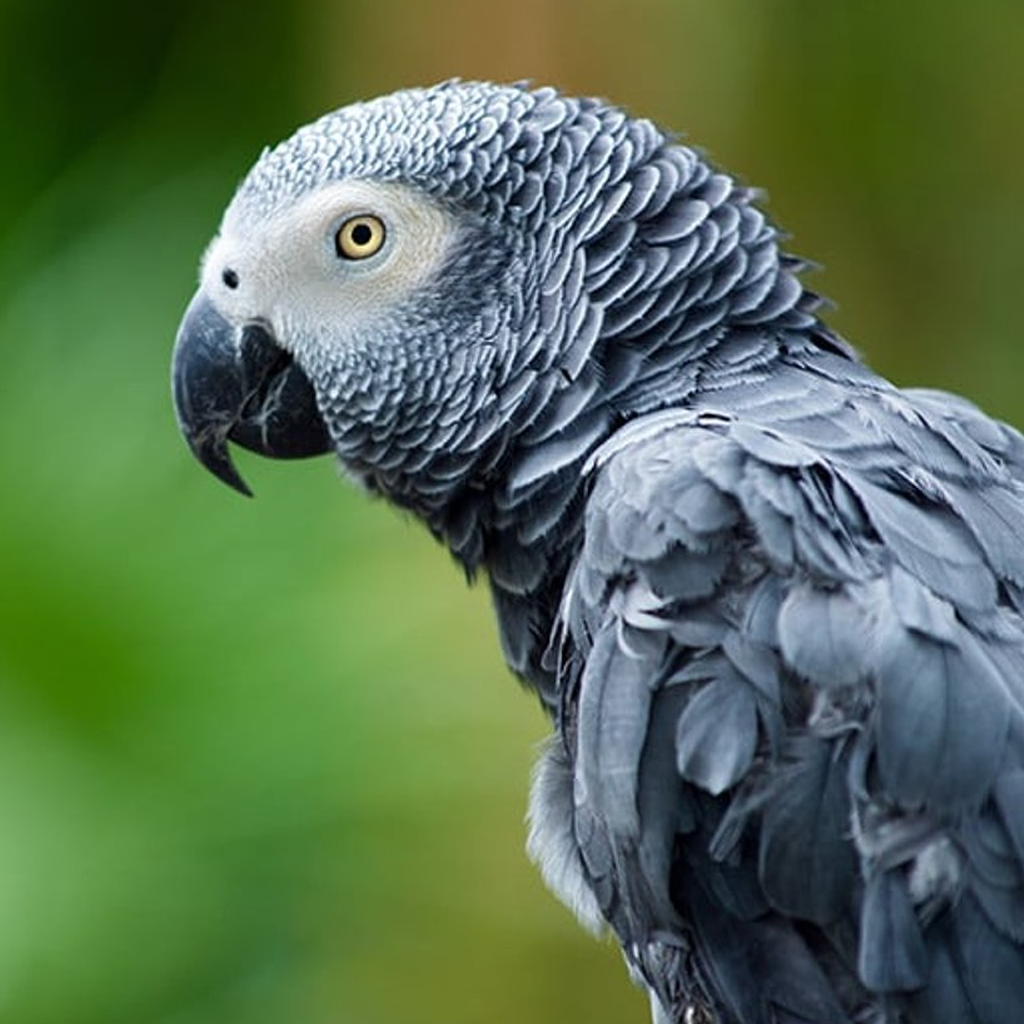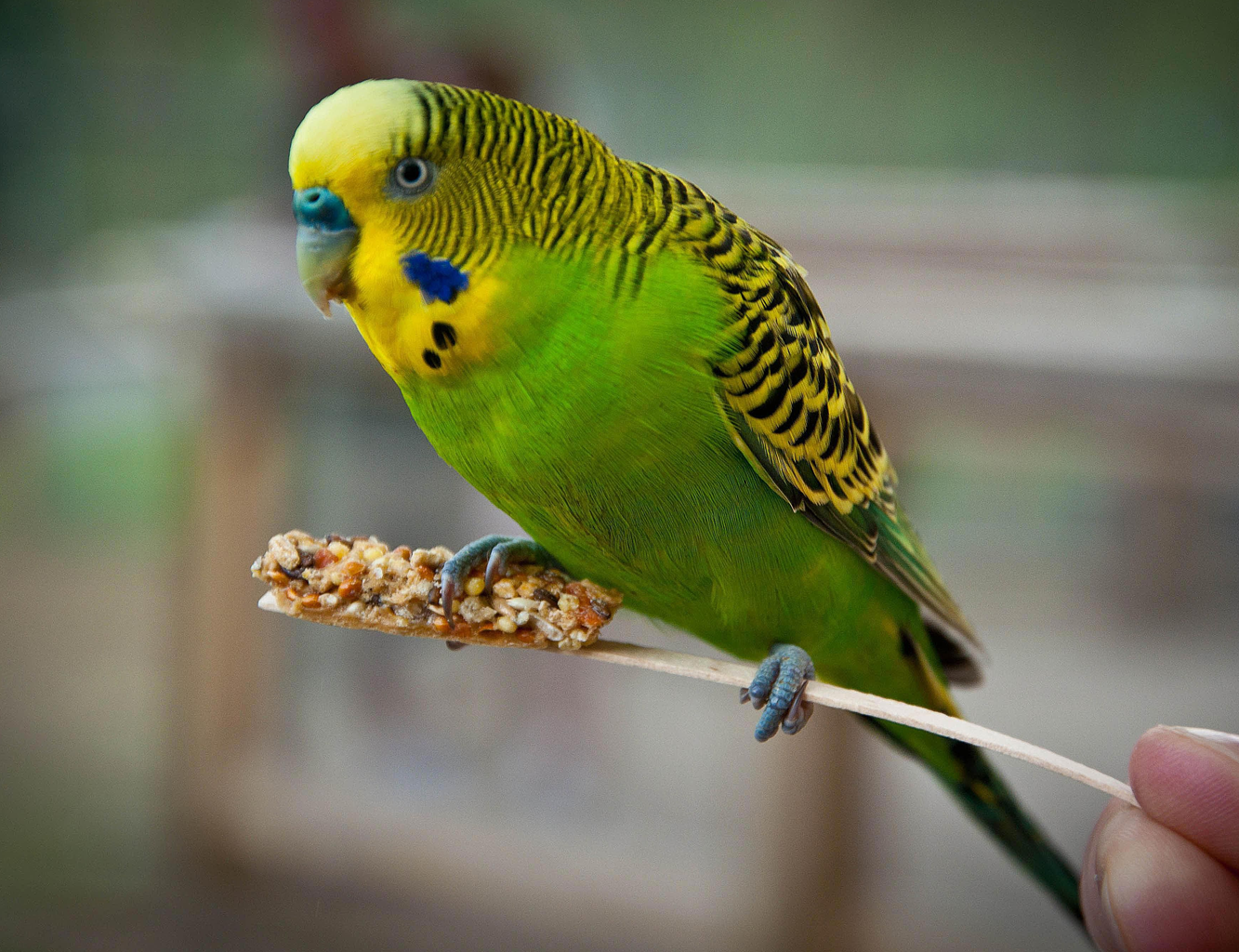Introduction
Birds are highly social creatures, often living in flocks in the wild where they interact, communicate, and form strong bonds with each other. When birds are kept in captivity, especially as single pets, loneliness can become a significant issue. This article will explore the effects of loneliness on birds, the signs to watch for, the risks involved, and how to prevent it from negatively affecting your bird’s well-being.
Signs of Loneliness in Birds
Recognizing the signs of loneliness in your bird is the first step in addressing the problem. Here are some common behavioral indicators:
- Excessive Vocalization
Birds that feel isolated may begin to squawk, chirp, or call loudly and persistently. This is often a call for attention and can indicate they are lonely. - Feather Plucking or Self-Mutilation
Birds under stress due to loneliness may resort to feather plucking, which can escalate to self-mutilation if left unchecked. - Lethargy or Depression
A bird that is typically active but suddenly becomes quiet, uninterested in playing, or spends more time sleeping may be suffering from loneliness. - Loss of Appetite
A drop in appetite or interest in food is another red flag that your bird is feeling isolated or stressed. - Destructive Behavior
Lonely birds may start chewing on cage bars, toys, or other objects out of frustration.
Risks of Loneliness in Birds
Loneliness doesn’t just affect a bird’s emotional state; it can also lead to serious health issues. Some potential risks include:
- Psychological Distress
Birds that experience prolonged isolation can suffer from psychological issues, such as depression or anxiety. This can further affect their behavior and interactions with their environment. - Weakened Immune System
Stress caused by loneliness can weaken a bird’s immune system, making it more susceptible to illnesses and infections. - Behavioral Disorders
Chronic loneliness may lead to long-term behavioral issues like aggression, self-harm, or withdrawal from social interaction. - Decreased Lifespan
In severe cases, ongoing loneliness and stress can shorten a bird’s lifespan due to its negative impact on overall health.
Preventative Measures to Combat Loneliness
Fortunately, there are several steps you can take to prevent your bird from feeling lonely:
- Consider a Companion
Birds are flock animals, so providing them with a companion of the same species can significantly reduce loneliness. Ensure both birds are properly introduced and that they get along well. - Interactive Toys and Enrichment
Offering a variety of toys, especially those that require problem-solving or interaction, can keep your bird mentally stimulated. Rotating toys regularly can also prevent boredom. - Spend Quality Time Together
Dedicate time each day to interact with your bird. Whether it’s talking, training, or letting them out of the cage to explore, this helps fulfill their need for social interaction. - Background Noise or Music
Birds enjoy sounds that mimic a lively environment. Keeping the radio, TV, or bird-specific nature sounds playing in the background can help them feel less isolated. - Large Cage and Natural Perches
Provide a spacious cage with plenty of perches, swings, and ladders to simulate a more natural, engaging environment. This encourages movement and exploration, which can reduce feelings of loneliness.
Conclusion
Birds are intelligent, social creatures that thrive on interaction and stimulation. Loneliness can have serious consequences for their health and well-being, but by recognizing the signs and taking steps to prevent isolation, you can ensure your bird stays happy and healthy. Whether through companionship, enrichment activities, or spending quality time together, addressing your bird’s social needs is key to their long-term welfare.
Share this content:




